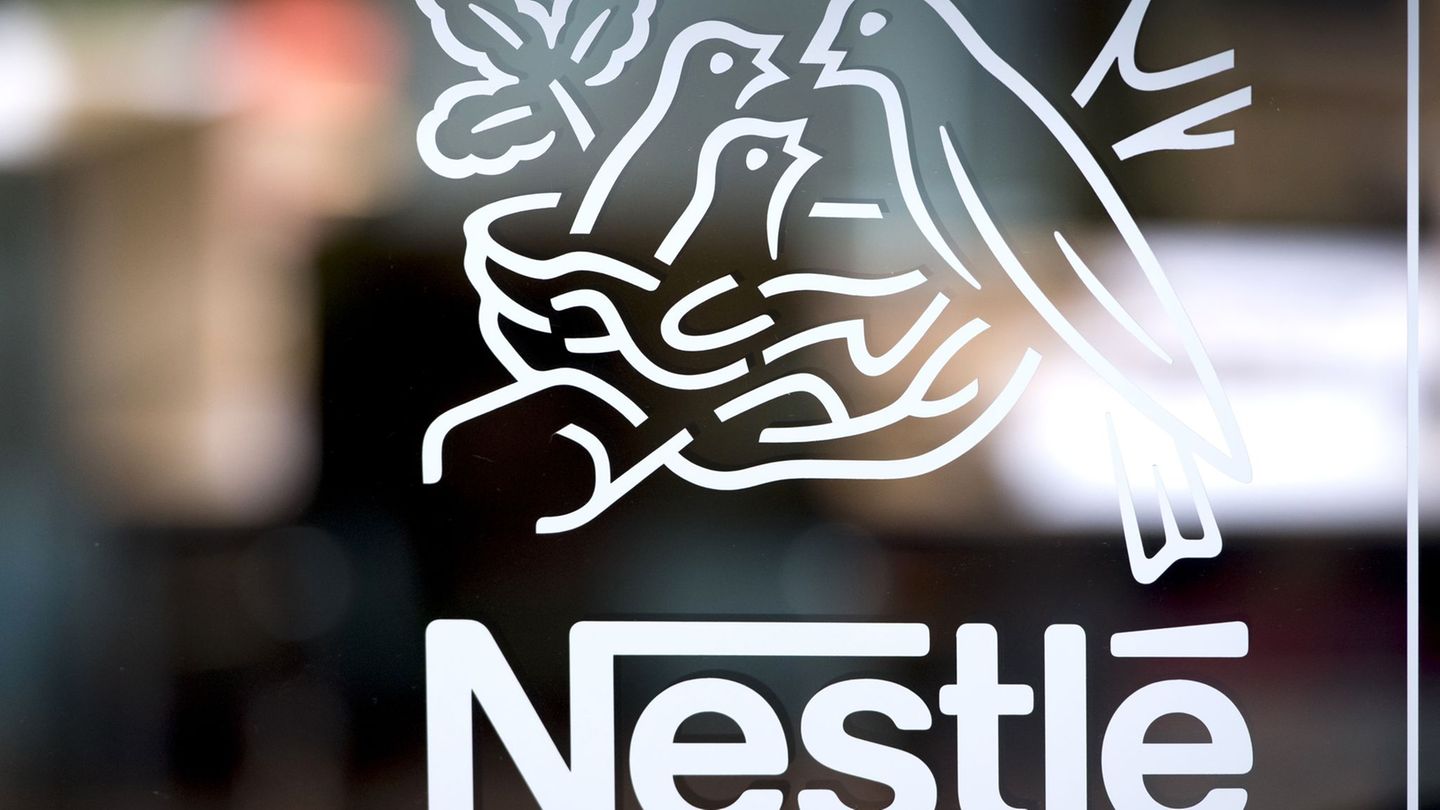The German state of Brandenburg approved the “Gigafactory” in Grünheide on Friday with conditions. According to the state government, Tesla wants to work through these requirements within two weeks and start production quickly.
The factory is practically complete: Tesla built at its own risk with 19 early approvals, although the last approval was still missing.
The project is considered one of the most important industrial projects in East Germany. Brandenburg’s Prime Minister Dietmar Woidke (SPD) said on Friday: “Today I see the decision that we have to announce here as a small ray of sunshine in difficult times, but as a very important step for the development of our state.”
For the German car industry, new competition is now emerging in its own field. Tesla is initially planning up to 500,000 electric cars per year and around 12,000 employees. There are currently around 3,000 employees. A separate battery factory will also produce new types of battery cells in the future. For comparison: Volkswagen recently built around 400,000 cars a year at its headquarters in Wolfsburg. The VW brand sold around 263,000 purely electric cars in 2021.
The construction of the Tesla factory, which began in early 2020, and the approval under the Federal Immission Control Act went comparatively quickly – but not as quickly as company boss Elon Musk had hoped. The Tesla boss originally wanted to start production in Grünheide on July 1, 2021. According to State Environment Minister Axel Vogel (Greens), the approval notice has 536 pages, plus 23,700 pages of annexes. Around 400 requirements and conditions had been issued. Particular attention was paid to the protection of the environment and water. Environmental groups have been drumming against the project since construction began.
The first cars for sale should roll off the assembly line in a few weeks. According to the state government, Tesla is planning two weeks to meet the necessary requirements for the start of production. “This is a time frame that Tesla has set itself,” said Vogel. Tesla has to meet conditions such as air quality and submit other conditions for commissioning, such as a concept to prevent accidents. The company states: “We are confident that we will be able to do this quickly.”
The head of government was relieved that the approval was sealed. “We’re also a bit happy and proud that we made it,” said Woidke. The process was a mammoth task. He sees Brandenburg as a model country for the successful combination of renewable energies and new industrial jobs. “We are no longer the West’s extended workbench,” said Woidke. “Brandenburg is the state of climate-neutral mobility.” Like Economics Minister Jörg Steinbach (SPD), he sees the settlement of Tesla as a blueprint for other companies. There are already announcements for investments.
There was praise from the Federation of German Industries (BDI): The support from the Brandenburg state government had led to a considerable acceleration of the process, said Deputy General Manager Holger Loesch of the German Press Agency. The Association of German Chambers of Industry and Commerce (DIHK) also made positive comments. Managing Director Martin Wansleben told the newspapers of the Funke media group: “In less than three years, we managed to approve an investment project worth several billion euros and to build it at the same time.”
The approval for Tesla had been postponed, partly because the company had added the construction and operation of the battery factory to its application for approval. After the renewed motion had been interpreted, a discussion of hundreds of objections began, which was repeated because of the allegation that the deadline was too short.
Conservationists and residents fear environmental hazards from the factory. They consider the water in the region to be at risk. Part of the site is in a water protection area. Tesla has consistently dismissed the concerns and lowered planned water usage.
However, there is still a dispute in court about the issue of water: Nature conservation organizations have achieved a partial success in a procedure for water rights. The administrative court in Frankfurt (Oder) declared the approval for additional water extraction in the plant to be “illegal” and not “enforceable”.
The court justified the decision on Friday evening with a procedural error and thus partially upheld the lawsuit brought by the environmental associations Green League and the Brandenburg Nature Conservation Union. According to the presiding judge, the State Office for the Environment did not involve the public in the decision to increase production volumes from 2.5 to 3.57 million cubic meters per year. Public participation must now be made up for. Only then can the increased funding begin, as the court explained. It is unclear how long that will take. The decision can be appealed against.
The Strausberg-Erkner water association had announced that it would terminate the contract with Tesla if the water permit was lost. “No water – no Tesla!”
However, the state government emphasizes that the water supply for the car plant and for the citizens of the region is safe. She sees no connection between the court proceedings and the approval, which she considers legally certain.
In November 2021, the electric car manufacturer surprisingly waived possible state funding from the federal government in the billions for the planned battery production. The EU Commission had approved a framework of a maximum of around 1.1 billion euros, with funding of 120 million euros from the state of Brandenburg. Tesla had criticized the length of the approval process.
According to the company, it looked at more than 100 locations before deciding on Germany and Brandenburg. It is likely that Tesla will celebrate the approval in a big way. Elon Musk, who was last in Grünheide in the fall and welcomed around 9,000 visitors from the region to the “Open Day”, could also fly in. Even if some residents are still critical – Tesla says: “We feel very comfortable here in Brandenburg.”
Source: Nachrichten




